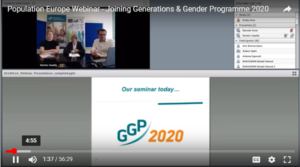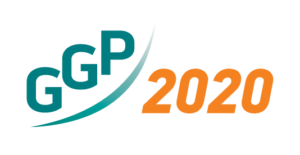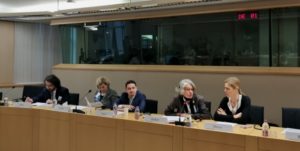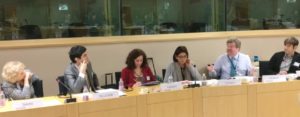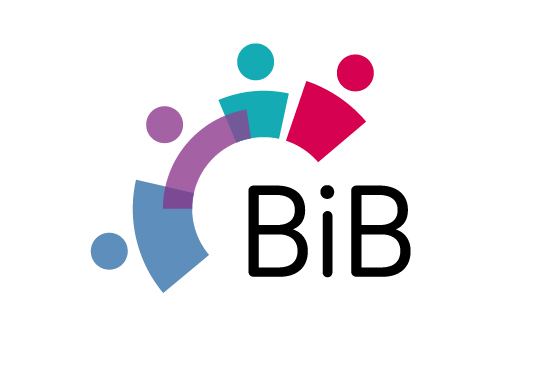Final Programme
The 4th GGP User Conference was held on 6 and 7 July 2017 in Berlin. The final programme is available here.
This international conference, organised by the Consortium Board of the Generations and Gender Programme, in cooperation with Population Europe and the WZB Berlin Social Science Center, brought together researchers working with data from the Generations and Gender Survey and the GGP Contextual Database to present and discuss their most recent methodological approaches and empirical findings. The conference provided a forum for exchange of ideas among existing as well as new GGP users, policy makers and the research community at large.
Please direct questions regarding the conference to ggp@nidi.nl
Organizing committee:
Prof. Dr. Anne Gauthier (NIDI and GGP), Prof. Dr. Anette Fasang (WZB – Berlin Social Science Center and Humboldt University of Berlin), Dr. Thomas Emery (NIDI and GGP), Dr. Andreas Edel (Max Planck Institute for Demographic Research / Population Europe), and Dr. Daniela Vono de Vilhena (Max Planck Institute for Demographic Research / Population Europe)


